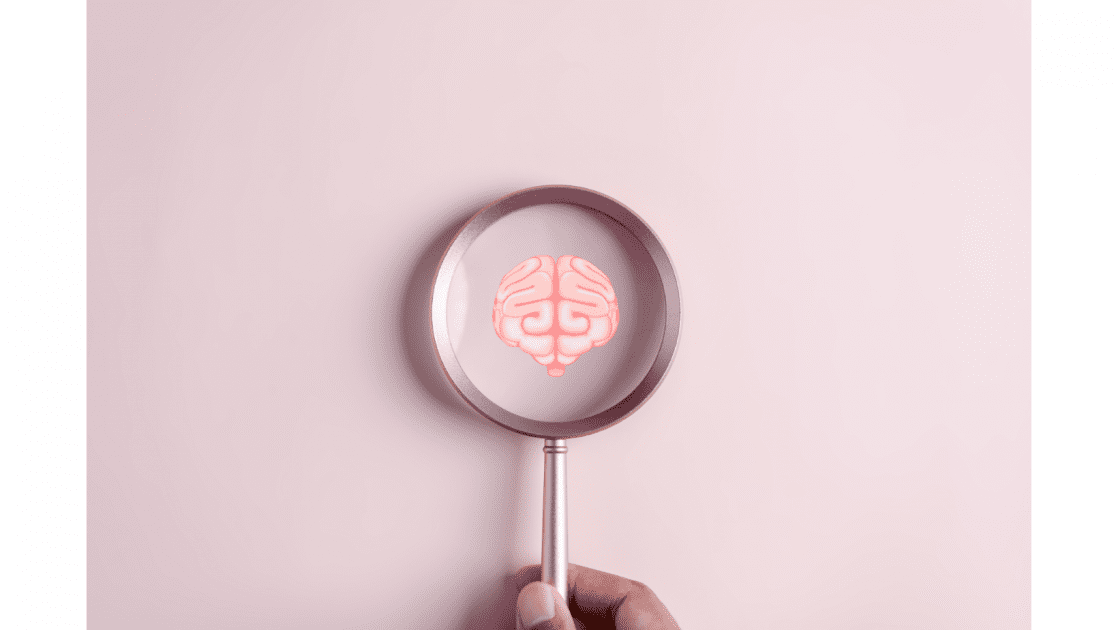
Dementia vs. Similar Cognitive Conditions
Understanding the prevalence and impact of dementia is crucial for both individuals and caregivers alike. Dementia, with its diverse forms, poses unique challenges that significantly affect the lives of those experiencing it and the caregivers providing support.
According to the Alzheimer’s Society of Canada, more than 25 different diseases and conditions can cause dementia. Alzheimer’s disease is the most common form of dementia, while vascular dementia, frontotemporal dementia and Lewy body dementia are some of the other major types.
Currently, more than 600,000 people in Canada are living with dementia. By 2030, nearly 1 million Canadians could live with dementia. Ontario, Quebec, British Columbia and Alberta will have the largest increases in dementia by 2050.
A sobering fact is that every year, family and friends provide more than 470 million hours of care to people living with dementia.
There is no cure for most types of dementia in Canada and worldwide.
In this context, it’s essential to recognize the distinctive features of dementia and differentiate them from other conditions that share similar symptoms. This distinction is vital for ensuring accurate diagnosis and tailoring care plans to address the specific needs associated with dementia.
Delirium
Delirium is characterized by symptoms like confusion, disorientation, and changes in attention. Crucially, it tends to manifest suddenly, is often temporary, and can be triggered by factors like infections, medications, or underlying medical issues. This contrasts sharply with dementia’s more gradual onset and its progressive nature.
Mild Cognitive Impairment (MCI)
MCI entails noticeable cognitive decline while individuals can still manage daily activities. Unlike dementia, MCI doesn’t severely impede daily functioning, and it may or may not progress to a full-fledged dementia diagnosis.
Depression
Symptoms of depression, such as memory problems and difficulty concentrating, can sometimes mimic early signs of dementia. However, depression typically lacks the progressive decline seen in dementia, allowing for differentiation through careful observation and assessment.
Normal Age-Related Memory Changes
Natural cognitive changes associated with aging, like occasional forgetfulness, are common. Importantly, these age-related changes generally do not significantly interfere with daily functioning, setting them apart from the impairments observed in dementia.
Some common examples of normal age-related memory changes include forgetting where you put your car keys, what time your next appointment is, or forgetting why you entered a certain room of the house in the first place!
Similar Cognitive Disorders
Frontotemporal Disorders (FTD)
FTD encompasses various subtypes like behavioral variant FTD and primary progressive aphasia, each presenting distinct symptoms such as behavioral changes and language problems. FTD’s manifestations differ from the broader cognitive decline observed in dementia.
Vascular Cognitive Impairment
This condition involves cognitive decline due to vascular issues, such as strokes or reduced blood flow to the brain. Unlike dementia’s gradual onset, vascular cognitive impairment may exhibit a more abrupt initiation linked to specific vascular events.
Dementia and Vitamin D
Recent research has shed light on a possible correlation between Vitamin D deficiency and an increased risk of dementia. Here’s a great video to watch for a deeper understanding.
While recognizing these conditions, it is paramount to consult healthcare professionals for accurate diagnosis and personalized care plans. Whether differentiating between delirium, mild cognitive impairment, or various forms of dementia, staying well-informed empowers individuals and caregivers on their unique journeys.
